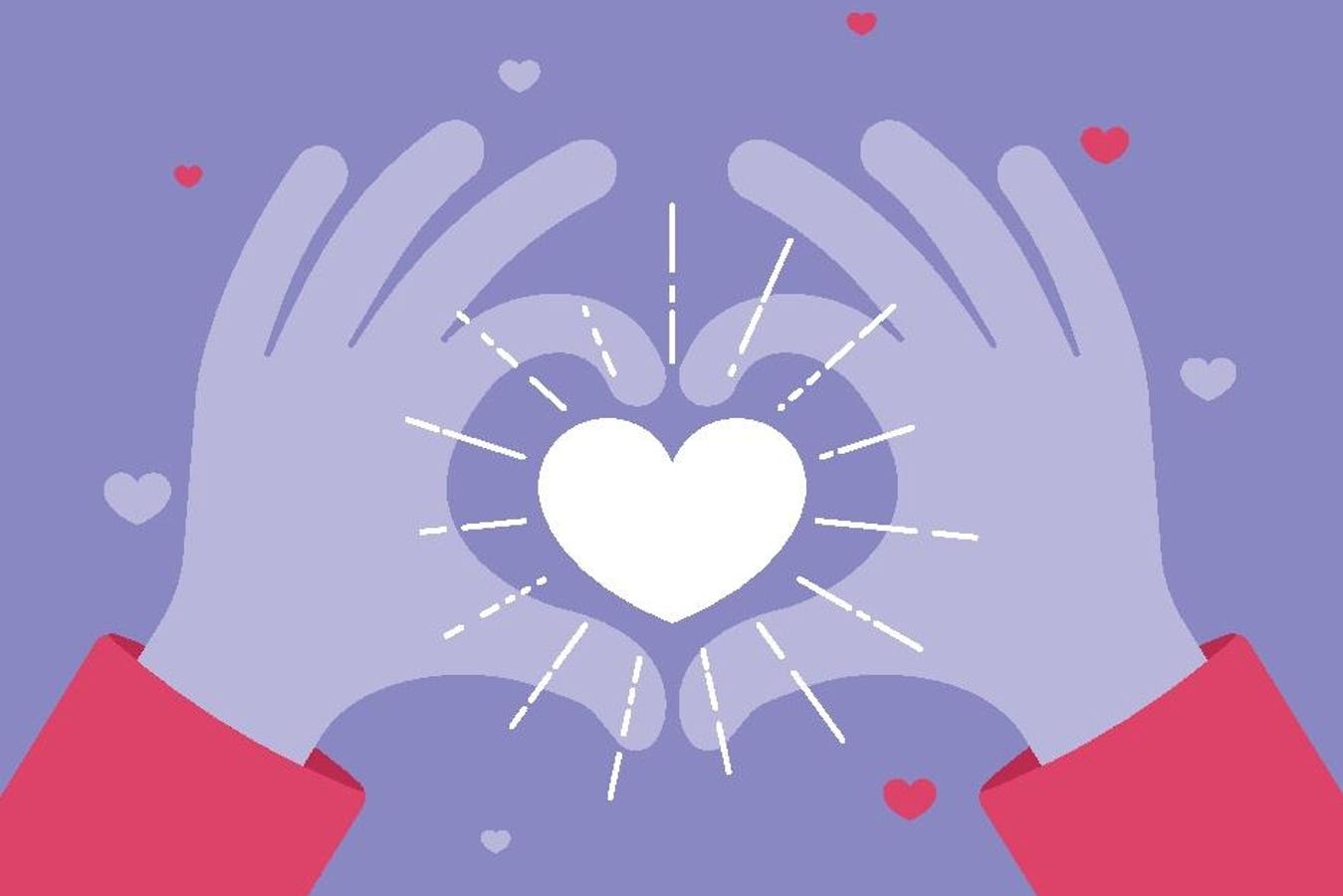Physical Address
304 North Cardinal St.
Dorchester Center, MA 02124
Physical Address
304 North Cardinal St.
Dorchester Center, MA 02124

Love isn’t about guesswork and it shouldn’t feel like hard work. Here are three key mental shifts to … [+]
Love is often described as a battlefield, an enigma or something that takes hard work to maintain. And while love does require effort, it doesn’t have to feel like a constant uphill climb. In fact, the healthiest relationships often feel like play—not because they lack challenges, but because both partners approach them with the right mindset.
If love feels exhausting, you might not need a new partner—you might need a new perspective. Here are three psychological shifts that can transform your love life and make love feel easier.
Many people enter relationships believing that love is something they must earn—by being agreeable, attractive, successful or constantly proving their worth. This mindset often stems from childhood experiences where love felt conditional—given only when they met expectations or pleased others.
However, research on “self-determination theory” in romantic relationships suggests that healthy, fulfilling love is not a reward for good behavior—it’s a shared experience built on authenticity, respect for autonomy and mutual investment.
When you believe love must be earned, relationships feel like a performance. You may:
This transactional approach is emotionally exhausting, and creates a sense of defensiveness rather than openness. Self-Determination Theory highlights that optimal relationship functioning is a result of partners feeling free to invest in each other authentically, rather than striving for approval.
So, instead of trying to earn love, shift toward sharing love. This means recognizing that love is not a prize to be won but a dynamic, co-created experience. When you embrace this mindset, you:
Love feels easy and exciting when you stop treating it as a test and start experiencing it as a gift—one that you and your partner co-create with openness, authenticity and mutual care.
Many relationship conflicts stem from the unspoken expectation that a partner should just know what we need, feel or want. When they don’t, frustration builds, leading to miscommunication, passive-aggressiveness and resentment. However, research suggests that direct communication is essential for relational stability, while avoiding it creates unnecessary tension.
Several factors influence whether people openly express their needs or hold back. For instance, research published in Communications Research found that higher relationship uncertainty—when partners feel unsure about the relationship’s status or future—makes people less likely to communicate directly about irritations.
When uncertainty is high, individuals may hesitate to express their concerns, fearing conflict or rejection. Instead, they may bottle up frustrations, expecting their partner to notice and respond intuitively. But this strategy often backfires, leaving partners confused and emotionally disconnected.
Conversely, researchers highlight that greater intimacy fosters direct communication. When partners feel emotionally close and secure in their relationship, they are more likely to openly express their needs and frustrations, reducing the likelihood of misunderstandings. This reinforces the idea that instead of assuming a partner should just know, it is far more effective to communicate openly.
The study also found that people tend to express irritations more directly when they perceive them as particularly negative. However, waiting until frustrations become overwhelming can lead to high-stress, emotionally charged conversations rather than productive discussions.
Additionally, when a partner’s actions interfere with personal goals, individuals may be more likely to address the issue—but only if they view the interference as significant. This suggests that some partners may communicate only when tensions are high, rather than maintaining consistent, proactive communication.
Here’s what you can do to ease the process for yourself and your partner.
When both partners drop the guessing game and prioritize clarity, love becomes easier, more secure and far less stressful. Instead of feeling like you’re walking on eggshells, you create a relationship where honesty and openness become the norm.
Conflict is a natural part of any relationship, but how you approach it determines whether it strengthens your connection or erodes it. Many couples fall into the trap of treating disagreements as battles to be won, believing that proving a point will restore balance.
However, a 2016 study published in the Journal of Personality and Social Psychology shows that it’s not conflict itself that harms relationships—it’s the feeling of not being understood that inflicts the most damage.
A win-or-lose mentality in conflict looks like:
This dynamic creates tension, resentment and emotional distance. Even if you “win” an argument, you risk making your partner feel unheard, dismissed or defeated. And in a healthy relationship, if one person loses, both people lose. Feeling understood can actually buffer against conflict’s negative effects, reinforcing emotional security and connection.
Remember, understanding doesn’t mean agreeing with everything your partner says—it means respecting their perspective and prioritizing connection over control. Here’s what this shift looks like in practice:
Love becomes easier when disagreements no longer feel like threats but instead become moments of deeper connection. Love isn’t meant to feel like an endless struggle. If it does, it’s worth asking: Is the relationship truly difficult, or is my approach making it harder than it needs to be?
Has your relationship felt more exhausting or exciting lately? Take the science-backed Relationship Satisfaction Scale to find out.